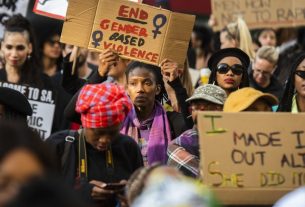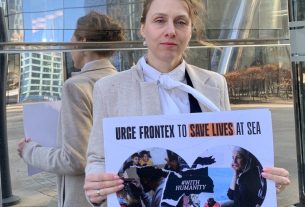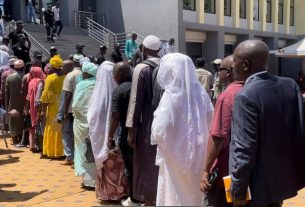The US government has frozen several immigration and visa programs, severely affecting migrants from Ukraine, Cuba, Haiti, Nicaragua, Venezuela, Colombia, and Ecuador. These programs, including Uniting for Ukraine (U4U) and parole initiatives for Latin American migrants, previously provided critical pathways for individuals fleeing war, political instability, and economic hardship to seek temporary refuge or legal entry into the United States.
Programs Affected and Immediate Consequences
The suspension of these programs means that thousands of migrants face uncertainty, delayed visa applications, and possible deportation. In particular, Ukrainians fleeing the Russian invasion are left in limbo, as the U4U program is now frozen. Similarly, the suspension of the parole program for Cubans, Haitians, Nicaraguans, and Venezuelans (CHNV) has stranded many migrants without legal options for entry. Additionally, family-based parole programs for nationals from Colombia, Ecuador, and Haiti are also halted, disrupting family reunifications.
DHS Order and TPS Revocation
The Department of Homeland Security (DHS) ordered a freeze on processing immigration applications, with the potential for permanent termination of these programs after a review. This affects key pathways for those escaping unstable conditions in their home countries. In another related move, DHS has revoked Temporary Protected Status (TPS) for approximately 500,000 Haitian migrants, ending protections that were set to last until 2026. The revocation could lead to deportations as soon as August 2025.
Government Justifications and Criticisms
The DHS cites concerns over potential fraud and public safety risks as reasons for the freeze. However, critics, including immigration advocates, argue that these actions will lead to family separations, more deportations, and limited opportunities for vulnerable migrants. Advocacy groups continue to challenge the policy changes, warning that they will exacerbate the hardships faced by those seeking refuge in the US.
As the freeze holds, affected migrants are left in a precarious position, with limited options for legal immigration and growing uncertainty about their futures.



